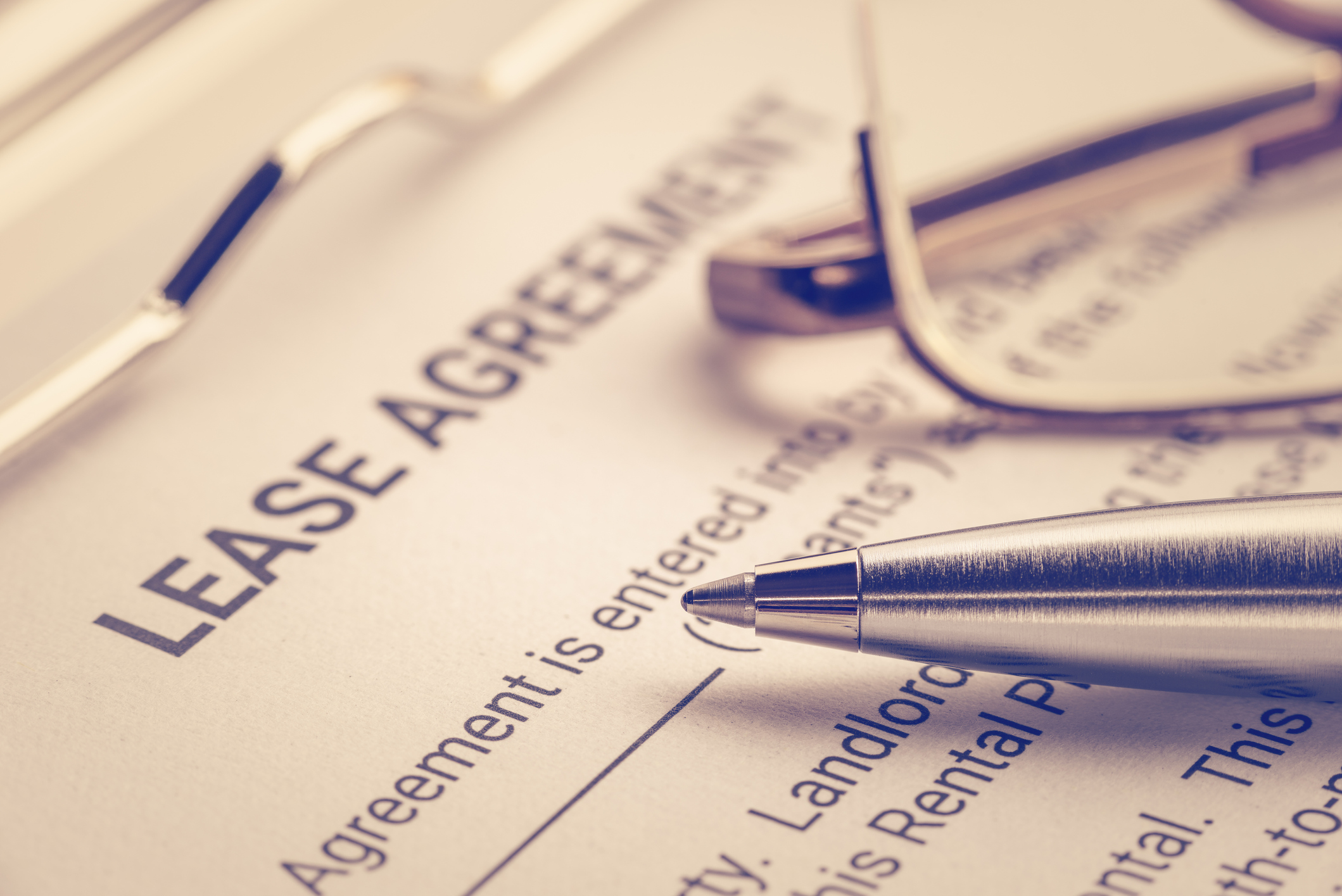A residential lease agreement is a legally binding contract connecting the landlord and tenant for the latter to rent an apartment, house, or place of residence from the former. Other names of this contract include a rental lease agreement or a landlord-tenant lease. As a landlord, you should have this contract in effect for all your tenants.
The Importance of a Residential Lease Agreement
Understanding the terms of a legally binding contract seems challenging. But learning the terms and conditions will help prevent you from experiencing legal risks. If you’re new to being a landlord, this website will give you examples of residential lease agreements.
Continue reading to know four reasons why you should always have a residential lease agreement in place.
- Highlights All Necessary Information
The residential or rental lease agreement should lay out all the rights and responsibilities of the landlord and his or her tenants. These pieces of information should include:
- All of the Renters’ Names
All individuals living in the rented quarters should sign the agreement, which will then turn occupants into official tenants. Thus, if one of your renters decides to let a family or friend stay in their leased place of residence, these guests should also sign the contract.
You can also add an occupancy clause to the legal document. This statement shows that only a maximum number of tenants should occupy a specific area in your leasable space. You may also consider adding a statement in the contract for the number of allowable guests in the rented property in a given time.
- Term of Residency
Rental agreements tend to be for the short-term. Renters may take advantage of a rental system from one month to the next. This leasing system renews automatically until a party (e.g., the landlord or a tenant) terminates the contract.
Lease contracts, on the other hand, can be for the long-term. These pacts tend to renew for a specific duration, like a year.
However, make sure that you take note of the start date, rental length, and expiration date of the agreement in the document.
- All Fees
Money matters tend to be one of the most common points of contention between landlords and their renters. The lease agreement should contain all information about deposits and fees. Be very clear about:
- The exact amount of the security deposit
- The potential uses of the deposit (e.g., cover unpaid rents and repair damages in leased rooms)
- The date and method of the return of the security deposit
- All non-refundable fees
Also, you may include the details of the facility where you’re going to hold the security deposit. Take note that this piece of information might be a requirement when you’re renting spaces in specific states.
Other data that should be in your residential lease agreement include the rules and essential policies of the establishment. You should state in the document if you hate smoking or if you don’t mind tenants bringing pets into the rented spaces.
- Ensures Proper Maintenance of the Premises
As mentioned above, residential lease agreements protect both landlord and tenant. For the latter, residents don’t want to live in a poorly maintained property.
Albeit general maintenance and repairs should be the landlord’s responsibility, the agreement should be clear about specific terms. For instance, the occupant can apply certain improvements to the rented area. But payments for these renovations will come from the pockets of the renters.
The contract will help occupants maintain peace of mind knowing that their landlords can cover the expenses of significant maintenance and repair projects for leased spaces. Otherwise, if the property owner breaches the obligations imprinted on the contract, the tenant can choose to take legal action against the landlord.
- Creates Time to Investigate the Terms of the Agreement
Future occupants can choose to review the residential lease agreement before signing the document. This document also allows the tenants to financially and mentally prepare for the pending move.
The information placed in the contract allows rent negotiations to progress. Also, both parties can be aware of the market rate of the rented space.
Moreover, the time spent in reviewing the terms mentioned in the contract allows either party to make or suggest changes to the document. For example, the landlord can propose an increase in rent prices if the occupant wants to apply an extensive remodeling project on the space.
The tenant may also wish to contest the increase in rent price during this time. Both the landlord and occupant should come to agreeable terms after investigating the terms and conditions post-negotiations.
- Protects the Landlord from Potential Financial Pitfalls
Many landlords rent their properties for one main reason: to make money. The things you do to improve the rentable space should coincide with maximizing your return on investment (ROI).
A residential lease agreement will help you avoid potential significant financial pitfalls. For instance, some tenants might continuously damage aspects of the property. Perhaps the occupants like to throw parties every weekend wherein most visitors trash the place because of drunken excitement.
The contract should spell out your exact expectations from your renters, especially for the upkeep of the property. For example, your tenants should promise to maintain peace and order while staying within the vicinity. Should the occupants decide to throw a party, the event shouldn’t disturb other residents or risk damage to the structural integrity of the establishment.
Also, make sure to highlight the causes of cancellations of the rental agreement. If your occupant decides to complain about your decision to make them vacate the premises, you have a legally binding document to show them.
Conclusion
The residential lease agreement can be a weapon and shield for the landlord and his or her tenants. This legal document will show all the necessary pieces of information for both parties to follow while staying in the establishment. It also helps protect landlords and occupants from financial pitfalls that might come during the occupant’s time of residence in the rented space. Make sure to investigate and review the rental agreement before signing the contract. Don’t forget to read the fine print, or you might regret it when faced with a legal battle between property owner and renter.






















0 Comments